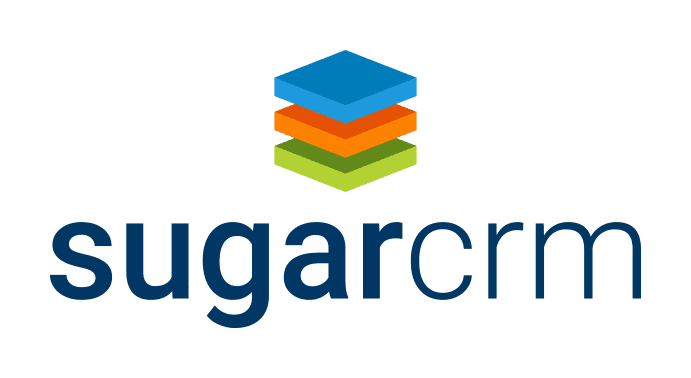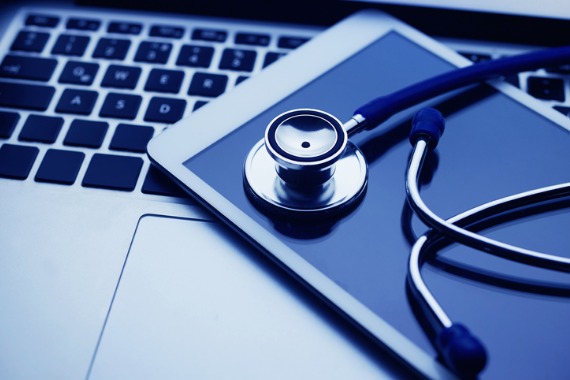Organizations considering enterprise resource planning (ERP) are often experiencing growing pains which force them to look at ways to improve their operational efficiency. As operations scale, companies outgrow their existing solutions, resulting in the introduction of manual workarounds to accommodate functional gaps.
By incorporating major business processes into a single unified system, ERP software commonly brings processes like production, procurement, and fulfillment under a single umbrella and promoting interconnectivity between them. While enterprise resource planning is commonly associated with manufacturing, operating from a single source of real-time, accurate data can boost productivity and improve workflows within the healthcare industry, too.
Here are four ways healthcare ERP can enhance a medical practice:
1. Patient Health Information Storage
To a medical practice, improved data management is a primary driver for implementing an ERP system. In addition to organizational and operational data, healthcare ERP solutions offer sensible answers to the question of how to store sensitive protected health information. HIPAA dictates that all data stored within a practice’s ERP system be accessible to only those users with appropriate access permissions and that all patient data is secure in a central location.
When a medical practice stores all their data in one place, it is made readily accessible to those with proper access who need it. This eliminates barriers for select users who need fast access to protected data including medical records. By eliminating multiple disparate healthcare systems, the integrity of important patient data remains intact. Staff no longer needs to shuffle from one system to another, creating potential for duplicate or erroneous entry. Since all patient data is stored in the same place, all users with appropriate access work from the same data.
2. Improving Patient Care
Healthcare is about improving the lives of patients, so the function of healthcare ERP is ultimately more about serving the patient’s needs than it is about improving workflows for healthcare industry professionals. Electronic patient records can be transferred and accessed with tremendous ease and speed, which means that patient care split between facilities becomes much more comprehensive and informed. The days of not being able to access a patient’s medical history becomes a thing of the past with a medern healthcare ERP system.
3. Reducing Operating Expenses
While the healthcare industry is rightly about improving patients’ lives, it is important to bear in mind that hospitals are still businesses. Hospitals need to maintain close awareness of their finances and their operational costs, which is made easier with accounting software. Implementing healthcare enterprise resource planning goes further to integrate a hospital’s accounting, billing, HR, inventory, and supply processes to shore up best practices between each. The flow of money within a medical practice or hospital becomes clearer and easier to fine tune when inefficiencies come to light.
4. Integrating New Technologies
The healthcare industry bears the burden of staying on the cutting edge like no other industry. One of the most important features in healthcare is the ability to quickly adopt and integrate new technologies to improve patient care and operations. Healthcare ERP is involves innovative technology that drives toward improving patient care just as any new expressly medical technology does. Effective enterprise resource planning within the healthcare industry will improve operations within the field while also freeing up funds for direct use toward patient care and other new advancements in medicine.
While enterprise resource planning is traditionally closely associated with manufacturing, industries across all sectors have begun integrating ERP software into their workflows to improve operational efficiency. The healthcare industry stands to see a similar benefit by the adoption of ERP by improving patient care, streamlining information storage, and reducing operating costs, which ultimately creates a foundation for promoting patient health.
Read more about turning to the cloud for financial management.

